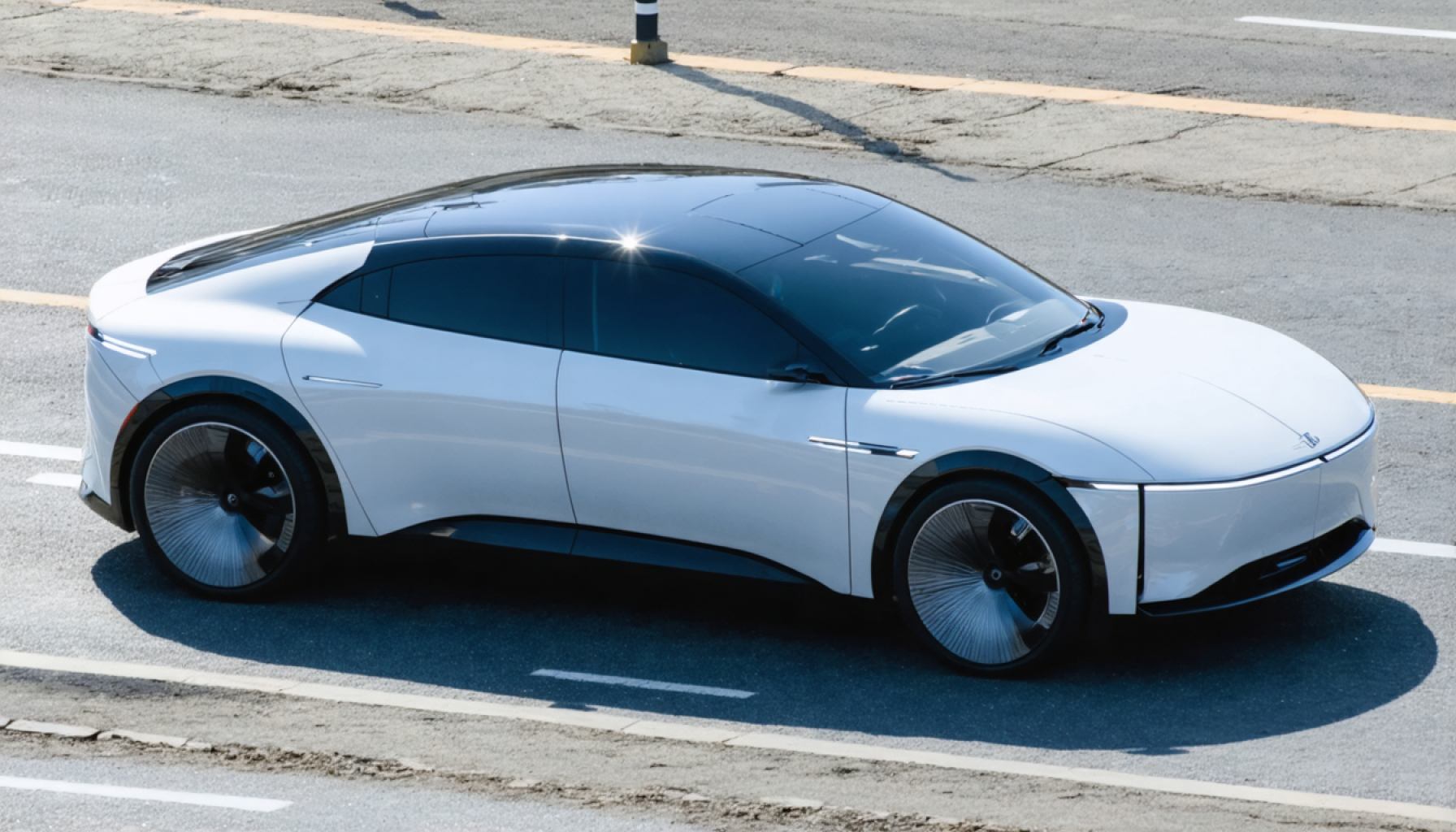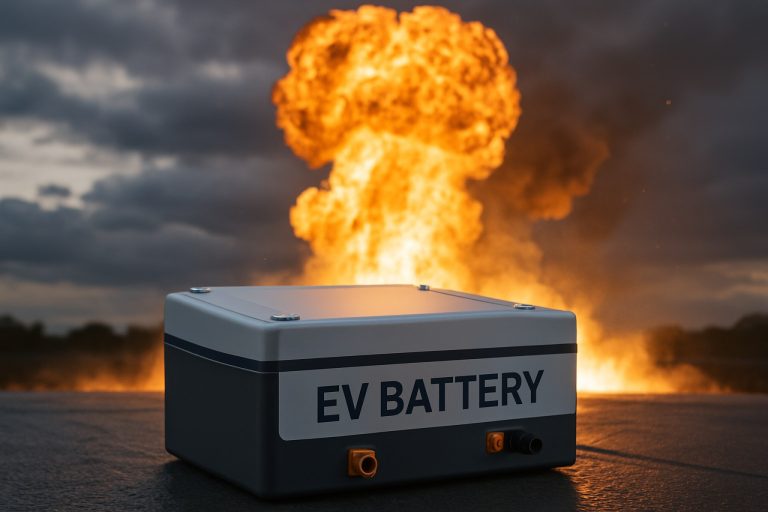
- A $7.7 billion EV battery supply chain project in Indonesia by a Korean consortium led by LG has been halted.
- The project aimed to create an “end-to-end” supply chain using Indonesia’s nickel reserves.
- Unexpected changes in global EV demand and market dynamics disrupted the ambitious plans.
- The decision was made after consultation with the Indonesian government, citing untimely economic conditions.
- Despite withdrawing from the project, LG Energy Solution continues its collaboration with Hyundai in Indonesia.
- This shift highlights the importance of resilience and adaptability in the rapidly evolving EV industry.
- The halt has sparked discussions on sustainable growth and investment strategies in the sector.
Emerging from the lush landscapes of Indonesia, where the earth holds the world’s richest deposits of nickel, a promising venture promised to redefine the future of electric vehicles: a colossal $7.7 billion project designed to forge the global EV battery supply chain. Yet, the dream, orchestrated by a Korean powerhouse led by LG, has abruptly shifted course, leaving ripples across the industry.
The consortium—comprising LG Energy Solution, LG Chem, LX International, and a league of strategic partners—envisioned an ambitious “end-to-end” battery supply chain. Their vision: harness Indonesia’s abundant nickel reserves to spearhead innovation, crafting everything from raw materials to finished battery cells, detailed to perfection. This was not merely an industrial project; it was a revolution in the making.
However, even the strongest tides can change. Industry insiders whisper of a new “EV chasm,” an unexpected deceleration in the surging global demand for electric vehicles that no one predicted. Factors such as fluctuating market dynamics and an evolving investment landscape seem to have converged to disrupt the consortium’s grand plans.
Determining such a formidable shift wasn’t easy. The consortium, in consultation with the Indonesian government, concluded that the timeliness and economic environment no longer favored such a monumental investment. Despite walking away from the megaproject, LG Energy Solution reaffirms its ongoing commitment to existing operations in Indonesia. Among these is the key joint venture with the Hyundai Motor Group, the Hyundai LG Indonesia Green Power battery plant—a continued promise to contribute to the local landscape.
The decision encapsulates a broader narrative in the high-stakes arena of electric vehicles: even as the industry races ahead, occasional pauses for recalibration are inevitable. This pivot underscores a critical lesson in modern industrial enterprises—the importance of resilience and adaptability amidst rapid global shifts.
As the dust settles, the international community watches closely while pondering the ramifications. The move has rekindled debates on sustainable growth, investment strategies, and the intricate balance between opportunity and readiness. Nonetheless, in the world of batteries and electric dreams, this pause merely signals a need to recharge before the next big leap into the future.
The Unexpected Pause in Indonesia’s EV Battery Ambitions: What’s Next?
The abrupt shift in LG’s $7.7 billion project in Indonesia has stirred the global electric vehicle (EV) community. Initially conceptualized to revolutionize the global EV battery supply chain, the project faced unprecedented hurdles, echoing broader trends and uncertainties in the EV industry. Let’s delve into the undercurrents of this significant development, explore potential impacts, and highlight actionable insights for stakeholders.
What Went Wrong with the Indonesian Nickel Venture?
The project aimed to create a vertically integrated supply chain—from nickel extraction in Indonesia to the production of finished battery cells. However, multiple factors contributed to its reconsideration:
1. Fluctuating Market Demand: Recent data indicates an unexpected slowdown in EV adoption rate growth, in part due to economic uncertainties and uneven government incentives across regions (IEA, Global EV Outlook 2023).
2. Investment Climate: With global inflation and changing financial conditions, companies are reevaluating large-scale capital investments. Strategic reallocations favor projects with more predictable returns.
3. Regulatory and Environmental Concerns: Indonesia’s mining sector is under scrutiny for environmental impacts and regulatory changes, impacting decisions on massive industrial initiatives.
Real-World Implications and Industry Trends
– Balance of Supply and Demand: The decision underscores the intricate balance between expanding supply chains and actual market demand. As EV technologies evolve, supply chain flexibility is essential to manage risks and adapt to changes.
– Focus on Sustainable Practices: There is an increased emphasis on ensuring environmentally sustainable mining and production practices. Future ventures may see tighter regulations, impacting timelines and costs.
– Strategic Partnerships Continue: Despite the cancellation, collaborations like the Hyundai LG Indonesia Green Power battery plant suggest that established projects with clear benefits will continue to receive support.
How-To: Navigating Investment in the EV Sector
1. Conduct Thorough Market Analyses: Regularly update market forecasts to align investment strategies with demand realities.
2. Engage with Regulatory Bodies: Maintain an open dialogue with regulators to anticipate changes and align project initiatives with environmental standards.
3. Prioritize Flexible Supply Chains: Develop modular supply chains that can be adjusted based on shifts in demand and resource availability.
Pros & Cons Overview
Pros:
– Resource Availability: Indonesia has one of the world’s richest nickel deposits, crucial for battery production.
– Strategic Location: Proximity to Asian markets is a logistical advantage for battery manufacturing.
Cons:
– Market Uncertainty: Fluctuating EV demand can lead to project reevaluation and delays.
– Environmental and Regulatory Challenges: Managing sustainable practices and navigating complex regulations can be challenging and costly.
Recommendations for Industry Players
– Develop Contingency Plans: Always have backup plans for business shifts to mitigate potential investment losses.
– Invest in Research and Development: Innovation in battery technology could counter unforeseen market slowdowns.
– Enhance Collaborative Efforts: Leveraging alliances and joint ventures can spread risk and multiply resources.
For more information about the global electric vehicle landscape and sustainable investments, visit the International Energy Agency or follow developments at LG Energy Solution.
This pause in Indonesia’s grand EV plans is a reflection of the industry’s rapid changes and the need for strategic realignments. Stakeholders must remain informed and agile, ready to capitalize on the opportunities that this burgeoning market will undoubtedly present.



